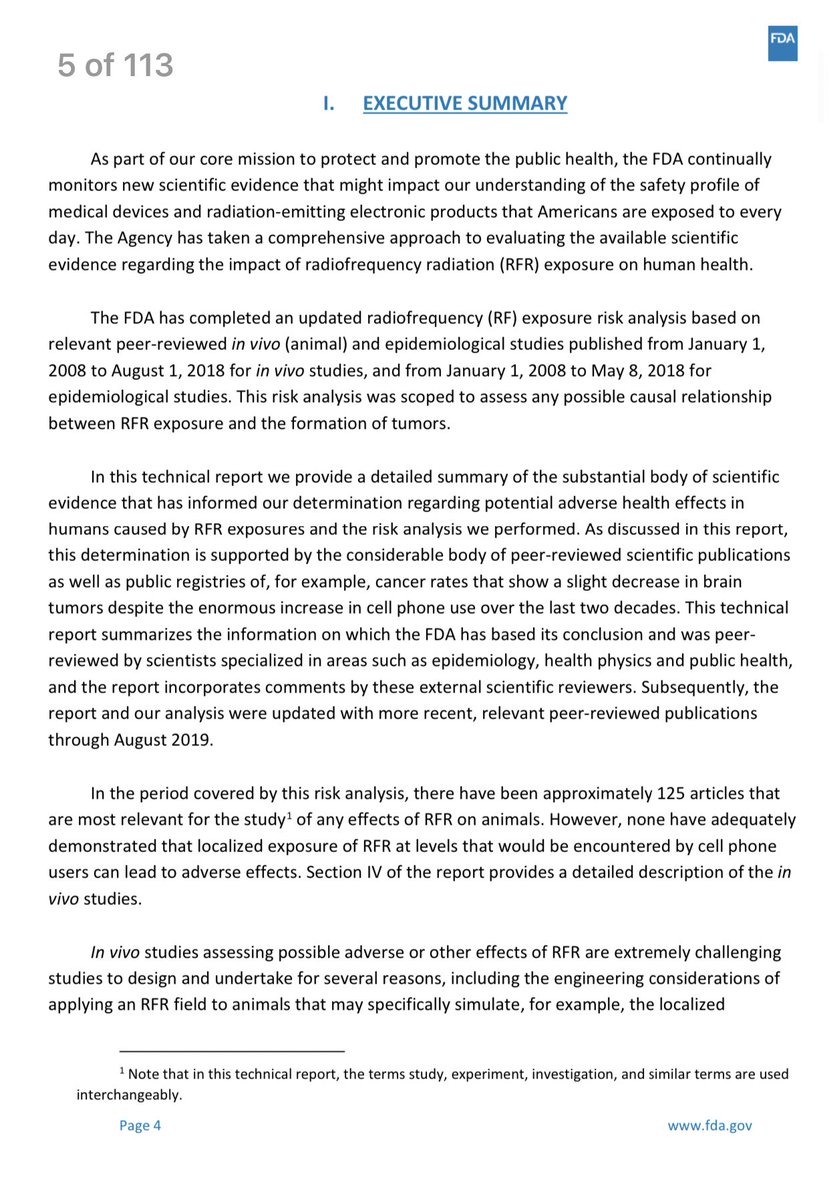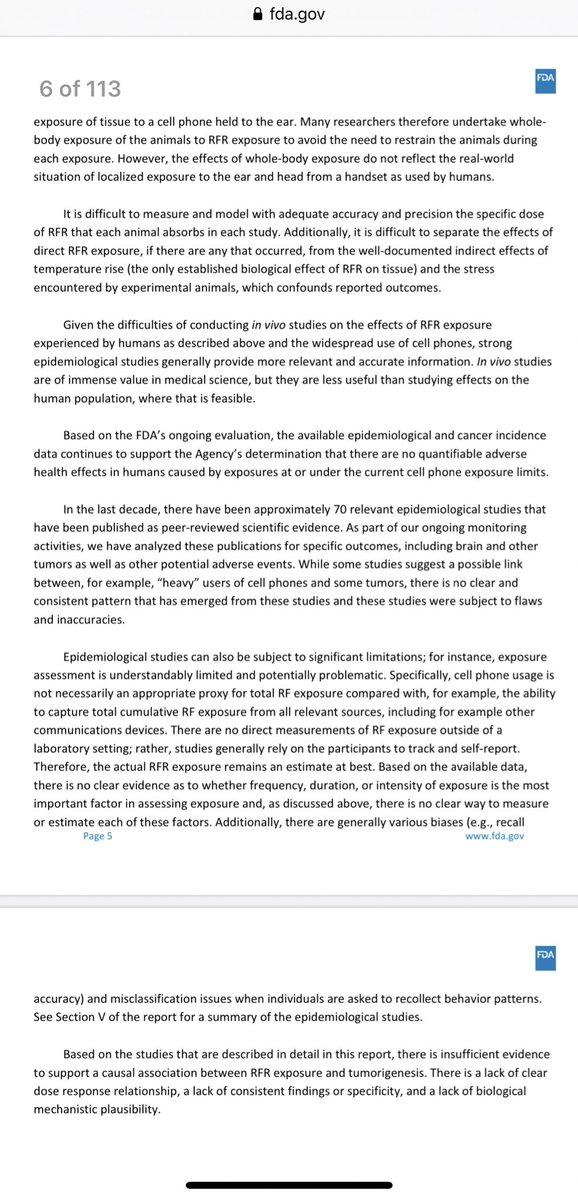Here’s a plan for promoting greater transparency, accountability, and user empowerment.
newsweek.com/conservative-p…
They’re not simply prevailing in a free market; they’re taking advantage of a landscape skewed by the government to favor their business models over others.
Crony capitalism is not free enterprise
Has it worked out that way?
Instead, conservatives should work towards change in three main areas: transparency, accountability, and user empowerment.
On Twitter, social media posts are left up or taken down, accounts suspended or permanently banned, without any apparent consistency.
Under this rule, ISPs must provide detailed disclosures about any practices that would shape Internet traffic—from blocking to discriminating.
This would ensure that all Internet users, from entrepreneurs to small businesses, have the information they need to make informed choices.
When Big Tech represents that, for all of their content moderation practices, they do not engage in partisan, political takedowns, they should be held accountable for those representations. This is where the FTC should step up its scrutiny of Big Tech.
One idea is to let consumers turn off the bias filters.
As William F. Buckley, Jr. wrote, "I will not willingly cede more power to anyone, not to the state, not to General Motors"—and, I would add, not to Big Tech.





